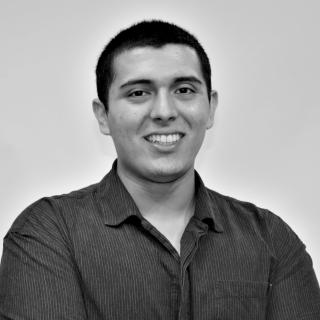
Cristiano Ronaldo stunt makes Coca-Cola value drop by $4 billion
Before Portugal’s Euro 2020 opener against Hungary, their captain snubbed two bottles of a popular carbonated beverage during a press conference.
On Monday, June 14, 2021 the Portuguese National Team manager, Fernando Santos, and captain, Cristiano Ronaldo, held a joint press conference ahead of their Group F opener against Hungary in the UEFA Euro 2020 tournament.
The competition was supposed to be played last June, but the COVID-19 pandemic postponed it one year.
As Ronaldo sat down, he took the two bottles of Coca-Cola tin front of him and dragged them off to the side so they were out of frame. He then held up a bottle of water and said “Water!” in Portuguese.
Coca-Cola is one of the official sponsors of the tournament and their partnership with UEFA dates back to 1988.
A snub from a soccer play of Ronaldo’s caliber was always going to be terrible for the company’s marketing.
Along with Argentina and FC Barcelona forward Lionel Messi, he is one of the most recognizable faces in the sport. The current Juventus striker is his nation’s top goal scorer and has won various individual and club honors with every team he’s been with in his career.
Messi formed a rivalry with Ronaldo when they both played in Spain. Funny enough, the Argentine is sponsored by Coca-Cola's direct rival, Pepsi.
Soon after the stunt, the company’s share price dropped from $56.10 to $55.22 - a 1.6% decrease. Their market value went from $242 billion to $238 billion — a $4 billion drop.
The actions of Ronaldo have opened up a conversation around sports' relationship with commercial brands.
Coca-Cola has yet to comment on the snub, but a Euro 2020 spokesperson said: "Players are offered water, alongside Coca-Cola and Coca-Cola Zero Sugar, on arrival at our press conferences."
They went on to add that tournaments of that size cannot be done successfully were it not for the support of brands.
This calls into question whether a sugary carbonated drink should even be sponsoring a sporting event.
It is not an energy drink or known to have any nutritional value, so it seems counterintuitive to have athletes sit in front of it and seemingly promote it.
After viewing the business model of the company, one would think that the partnership also does not make sense from a values standpoint.
Coca-cola has forbidden workers at their bottling facilities in Haiti and Indonesia from forming unions.
RELATED CONTENT
In 2003, a Colombian food and drink union, Sinaltrainal, claimed that Coca-Cola bottlers hired paramilitary security forces from the United Self Defence Forces of Colombia (AUC), to murder nine union members at local plants.
In a free market system, Coca-Cola can bypass their drink being unhealthy and having poor working conditions in their facilities by throwing billions of dollars at UEFA to host stellar soccer tournaments for millions of fans worldwide.
Portugal went on to win their game against Hungary 3-0, and Ronaldo bagged two of the goals. The scoreline does not tell the whole story, as the game was scoreless until the 84th minute.
After scoring the two goals, their captain became the highest scorer in the history of the European championship, with 11 goals.
Some Hunagrian fans did taint the game by flaunting an anti-LGBTQ banner. In the same week, their country’s parliament passed a bill that would ban LGBT content in schools and children’s television.
Portugal are regarded as one of the favorites to win the tournament since they have added many talented youth players to their squad that won the last edition of the Euros in 2016. They will face Germany in Munich in their next group stage match.
French star and Manchester United midfielder Paul Pogba pulled a similar move after his side’s win in their Euro 2020 debut against Germany.
First Ronaldo with the Coca-Cola...
— Goal (@goal) June 16, 2021
Now Paul Pogba wasn't happy with the Heineken in front of him at his press conference pic.twitter.com/SU1ifQPGOP
He removed a bottle of another official tournament sponsor, but this time it was Heineken, a dutch beer. The 28 year-old did not touch the two bottles of Coca-Cola unlike Ronaldo.
Arguably, he had more a reason to diss the brand since like Messi, he too is sponsored by Pepsi and the two have featured in multiple advertisements together.
Pogba has been a practicing Muslim since 2019, and drinking alcohol is forbidden.
Other Euro 2020 sponsors like TikTok and Qatar Airways will hope they don’t become the next brands to be denounced by players at the tournament.











LEAVE A COMMENT:
Join the discussion! Leave a comment.